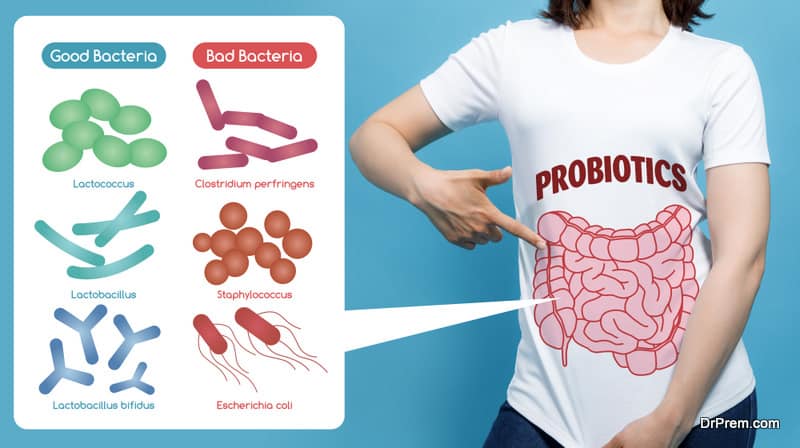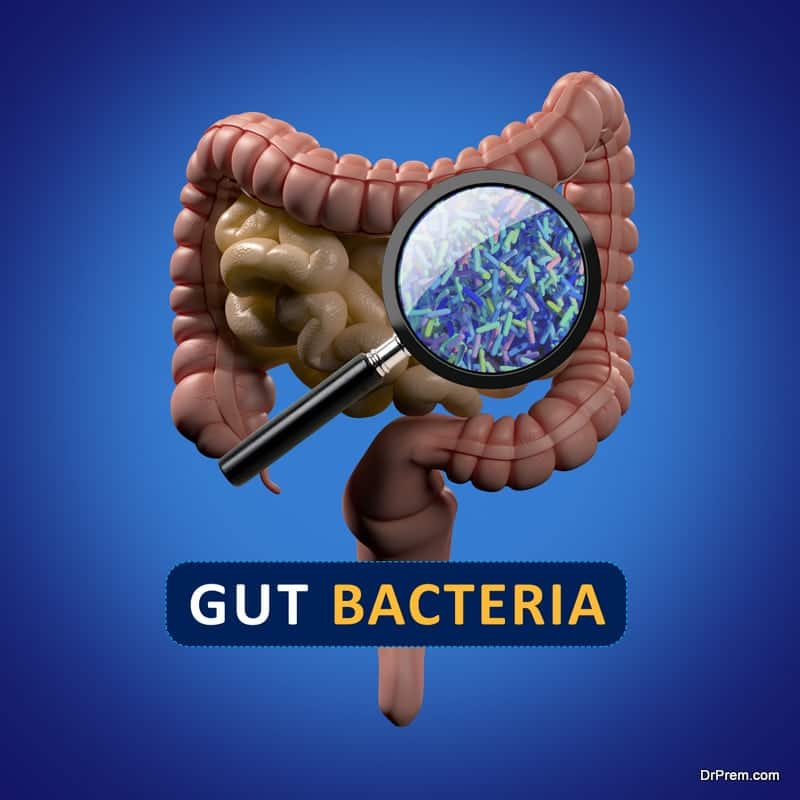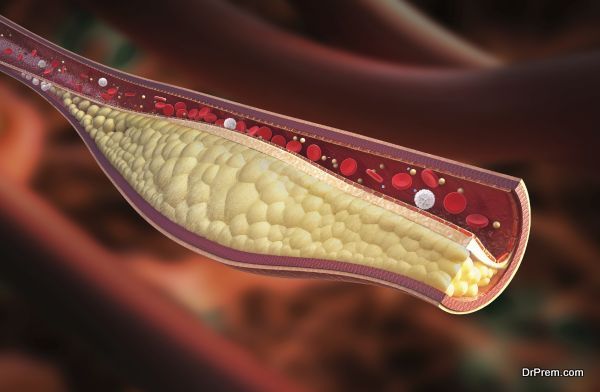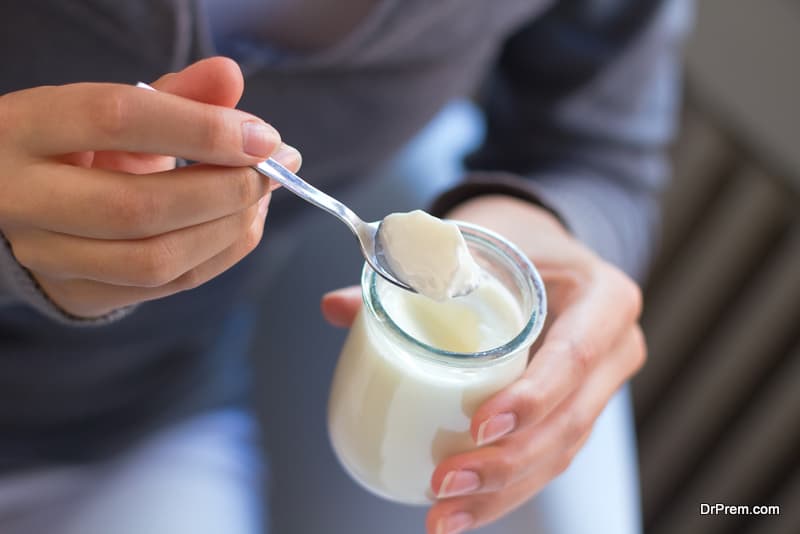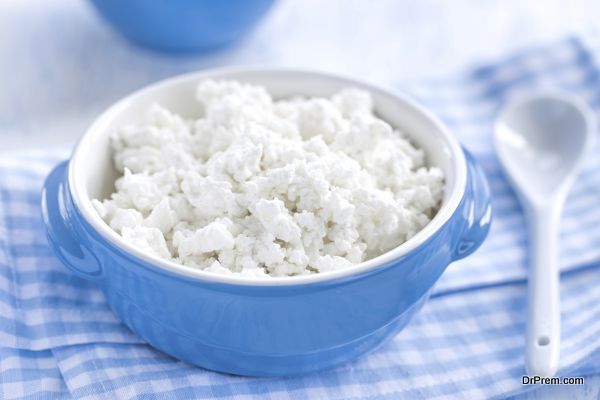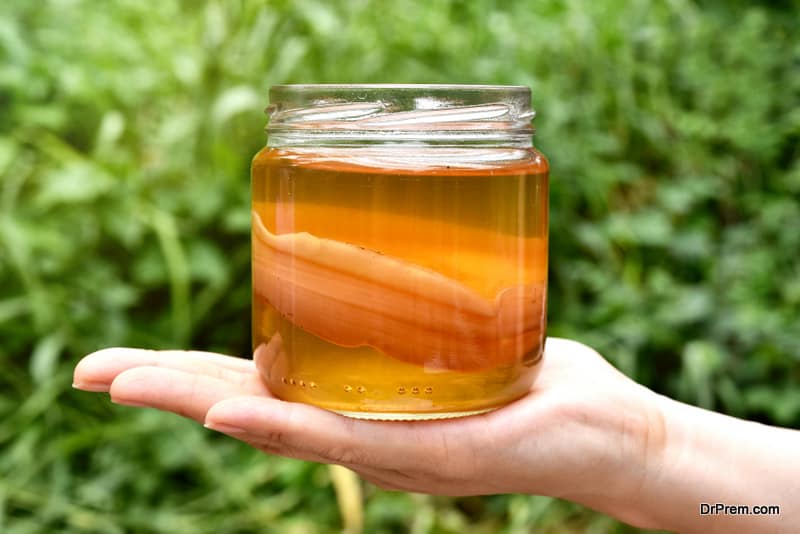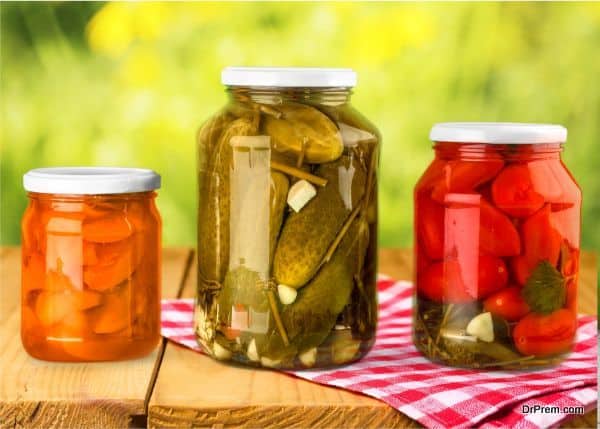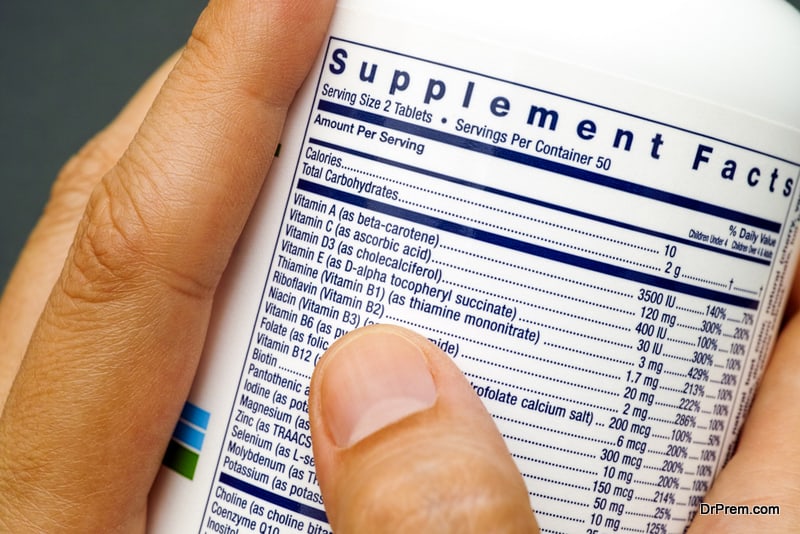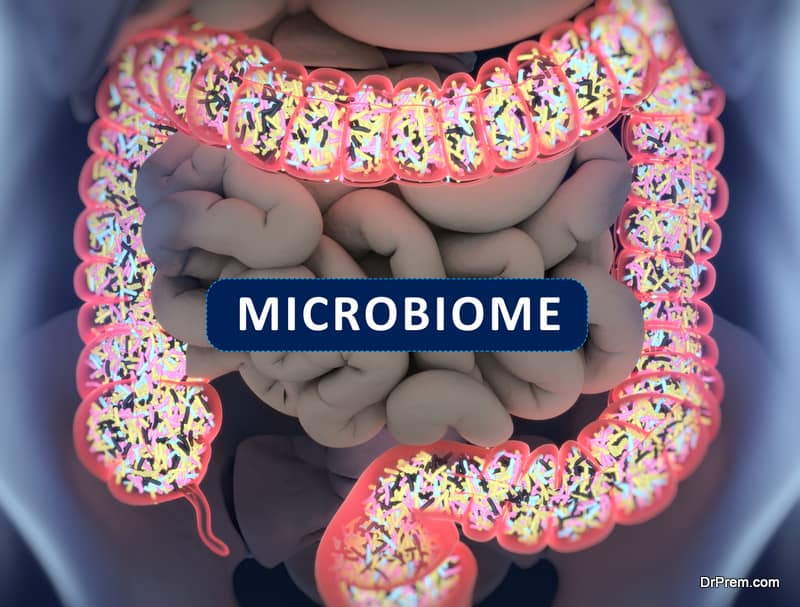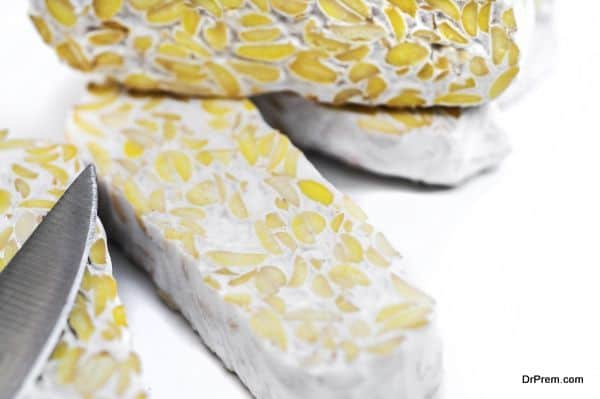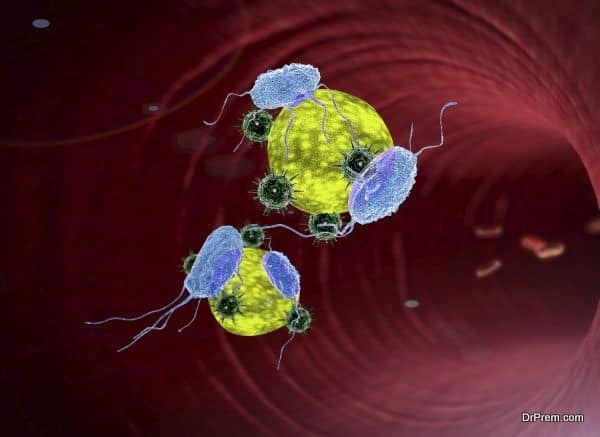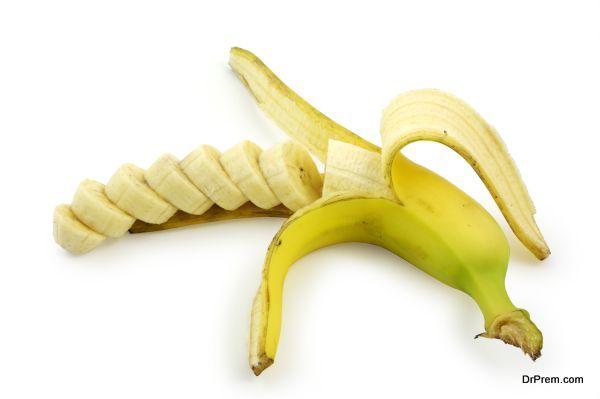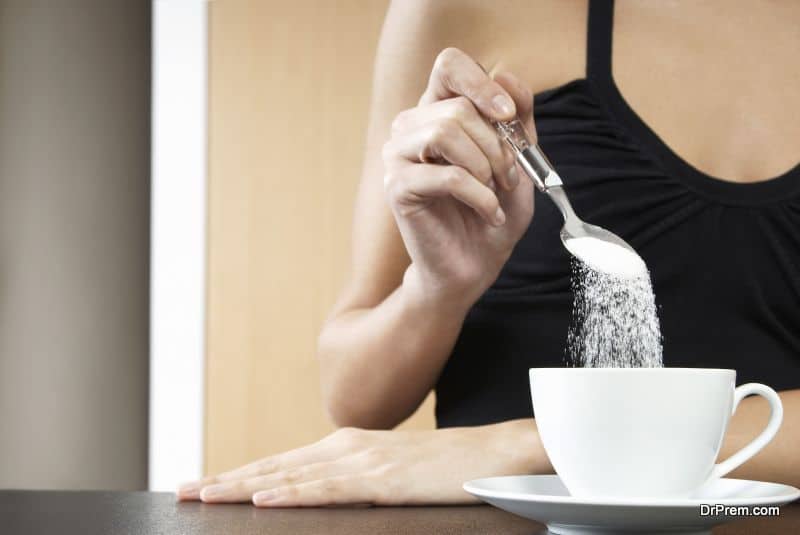If any health topic that is catching more attention, it is probiotics and immunity-boosting as these are highly linked to each other. Talks on probiotics has hit the peak as people desperately searched for natural ways to build immunity to fight any disease.
Do you think that all germs or bacteria are harmful for your body and health? If you do, then you need to know about live microorganisms called probiotics. Probiotics are very healthy, as they stimulate your digestive enzymes and support your immune system but taking too many probiotics is safe or not. Abundantly found in fermented foods and other supplements, these organisms have proved beneficial to human health in both short and long run. Firstly, let us check the health benefits of probiotics before delving deep into it.
Health benefits of probiotics:
They restore the balance of the gut bacteria in your digestive system. Our gut is home to trillions of microorganisms more than the total cell count of our body. These are diverse in communities and are responsible for healthy digestive, metabolic and immune functions of our body.
An imbalance of the gut bacteria in your digestive system means that the bad bacteria in present there have outnumbered the good bacteria. When this happens, your body in general and digestive system in particular suffer from several ailments like cramps, gas, bloating, constipation, and diarrhoea, etc.
Probiotics work in helping to replenish the good bacteria in the gut. This, in turn, will help in re-establishing the natural balance of the gut and in keeping you healthy and safe from these ailments in the long run.
They insure weight loss
Studies have revealed that certain (not all) strains of Probiotics might prove useful in reducing weight. In addition to helping you in feeling full, these Probiotics will also help prevent dietary fat from being absorbed into the intestines. This fat is not stored in the body and is excreted with the waste, thus reducing belly fat significantly. This is why probiotics are often considered as very effective cures for conditions like obesity.
They help in promoting a healthy heart
Probiotics are known to promote a healthy heart. They do this by reducing the bad cholesterol aka LDL cholesterol levels in the body. Probiotics help in breaking down of bile and prevent the gut from reabsorbing it. This considerably reduces the total cholesterol levels in the body; a factor which can keep your heart healthy for a long time.
They prevent diabetes
Researches have revealed that eating probiotics on a daily basis can prove helpful in increasing the glucose tolerance of the body. They might also help in delaying the onset of glucose intolerance. Probiotics play a vital role in decreasing the fatty tissue and in increasing the body’s sensitivity to insulin. Thus they help in preventing diabetes.
They are helpful in treating mental conditions
It has been found that some strains of Probiotics have a positive impact on mental health. Studies have in fact revealed that in addition to improving one’s mood in general, Probiotics also help in curing number of mental disorders like stress, anxiety, autism, depression, memory loss, and obsessive-compulsive disorder (OCD), etc.
They help in treating in a number of allergies
Certain strains of Probiotics are found to be beneficial in treating allergies such as eczema. They help in reducing their severity. When it comes to allergies, it has been revealed that these Probiotic strains help in reducing the inflammatory responses of the body when it comes in contact with allergens.
They’ll improve the health of your teeth
The good bacteria present in the Probiotics can do wonders in fighting off tooth decay as well. If that is not enough, they can also reduce the severity of the symptoms of gingivitis to an extent. Including foods that contain probiotics can therefore, be considered very beneficial for the teeth.
They help strengthening the immune system
Do you know 70% of your immune system resides in your gut? In addition to inhibiting the growth of bad gut bacteria, Probiotics also help in boosting the body’s overall immune system. Certain strains of Probiotics can be helpful in stimulating the production of natural antibodies and immune system cells. This, in turn, will help the body in tackling respiratory as well as urinary tract infections.
Excellent foods that are a rich source of probiotics
However, it is always better to gain probiotics from natural sources instead of dietary supplements. Here, we tell you about a few such natural sources that should be included in your diet.
Live-cultured yogurt
Yogurt is one of the best probiotic foods. However, you should know about the health claims made by different brands so you may choose a product with more probiotics and less artificial flavors and sweeteners. Prefer handmade yogurt or one made of goat milk.
Good bacteria like lactobacillus or bifidobacteria present in the yoghurt can help to keep a healthy balance in your gut. There are lots of special digestive brands now available in the market, but be cautious of the ones filled with artificial sweeteners and corn syrup. Read the label carefully before you pick them off the counter.
Fermented cheese
You may go for varied types of cheese, such as Swiss, cheddar, or Gouda. Select the cheese that is fermented with lactic acid bacteria. It will be rich in probiotics.
Kefir
Kefir is a fermented milk drink and originated with shepherds of the North Caucasus Mountains. A beverage from Russia and Turkey, Kefir is made by fermenting milk from sheep, goat, or cow. This milky beverage contains around 20kinds of good bacteria.Kefir can even help people who are lactose intolerant. You can use it to make healthy smoothies.
This yoghurt-like drink is rich in lactobacilli and bifidus bacteria and helps balance your inner ecosystem. It also has a few beneficial yeast varieties in them, making it rich in antioxidants, a good source of protein and vitamin B. The best way to consume it is to make it at home. But if you opt for purchasing it, then look for the organic versions as they are much safer to use. A disadvantage perhaps would be its high calorie which can increase the body weight.
Sauerkraut
It is made of fermented cabbage and is quite rich in healthy live cultures. It is finely shredded cabbage fermented using lactic acid bacteria. Sauerkraut can also help in reducing ay allergy symptoms. In addition to providing probiotics, it also offers several vitamins to your body.
The bacteria present in it like leuconostoc, pediococcus, and lactobacillus aids the digestive process. Other advantages include reducing allergy symptoms, boosting immune systems and a rich source of Vitamins A, B , C, and E. While choosing sauerkraut, go for the unpasteurized ones because pasteurization kills the active, beneficial bacteria that the product is known for. It should also be noted that the low pH and the abundance of the lactobacillus bacteria present may upset the intestines of people who are not used to consuming acidic foods.
Kombucha
It is a kind of fermented tea. People have always been treating it as an effective probiotic drink. Kombucha not only improves your health and gives you energy, but also makes you lose weight. It can be a great natural source of probiotics for anybody.
Dark chocolate
While it boosts your mood, dark chocolate can also be a source of probiotics for you. In fact, it contains a higher number of probiotics as compared to any other dairy product. Thus, start using it in your recipes.
Latest studies have shown that dark chocolate with at least 70 percent cocoa is a good source of probiotics. It states that a good quality dark chocolate has the survival of up to four times the amount of bacteria as those contained in other dairy substances. By consuming dark chocolate, you are providing enough probiotics for your body to ensure maximum activity on the intestinal microflora. The probiotics in chocolate colonises your large intestines thereby enhancing the growth of lactobacillus and bifidobacterias. A negative aspect would be the fact that chocolate is rich in fat. So eat in moderation.
Sour pickles
Homemade green pickle can also be a wonderful natural source of good gut bacteria. You should go for such pickle that is brined in sea salt instead of vinegar.
Fermented cod liver oil
You must be aware of benefits provided by fish oil, however, fermented cod liver is entirely different. It is not only full of probiotics but also a great source of vitamin d that is nowadays lacking in people due to less sun exposure. Fermented cod liver oil also contains vitamin a that is good for skin, eyes and cellular regeneration.
Citrus fruits and vegetables
Include juicy fruits like cranberry, watermelon and lemon in your diet for a healthy gut. Eating green and yellow vegetables that are rich in vitamin e and c protect the stomach from diseases like cancer. Food rich in fiber also plays a vital role in the overall digestive health and prevents constipation.
Miso
Miso is a seasoning used in Asian food, produced by fermenting soybeans with brown rice.Fermentation makes it a rich source of probiotics with a strong, salty flavour and sodium in large quantity.
Natural pickles
The natural sour pickles of cucumber and other vegetables made by fermentation of the naturally occurring bacteria are powered by probiotics. For a better intestine health, you can prefer varieties of pickle, brined in sea salt and water, rather than vinegar.
Tempeh
Tempeh is fermented food made from soy bean. It is a great source of vitamin B12 and high in probiotics. It can be eaten in any form- fried, crumbled, sauteed, and even baked. Tempeh is incubated with the Rhizopus fungus which produces antibiotic characteristics and prevents the occurrence of some harmful bacteria. Rhizopus present in tempeh can also improve intestinal digestion, make skin healthy and cure pimples, cellulite etc. Tempeh also has a very low salt content, making it apt for a low sodium diet for vegetarians.
Probiotic supplements
Other than the list of foods given above, you can also get your source of probiotics from various supplements in capsule, powder, tablet or liquid form. Although the best way to induce probiotics into your diet is by taking natural foods, these supplements can come handy when you are left with little or no choice. They are easily available at pharmacy. But check with your doctor before consuming them as they might disturb the immunity if not handled properly.
Which is the best source of probiotics – food or supplements?
This is the obvious question given the growing craze of buying probiotic supplements to boost immunity. Supplements can help provide energy and nutrients to the body. But is it really worth? check out the benefits of Morning Complete. This will definitely help you get the most healthy and effective energy to your body.
Probiotic foods are rich in micronutrients
General recommendation is having probiotics through whole foods which helps in overall nutrition, a better option than supplements. Research has found that probiotic-rich foods deliver more micronutrients which is not available in supplements. Many plant-based fibers act as prebiotics contributing to the healthy balance of probiotics and prebiotics.
Probiotic supplements have distinct advantages:
You get more targeted bacteria
Supplements can provide you with the targeted bacterial strains that your body is lacking which might help in addressing a specific health issue. A specific lactobacillus acidophilus strain helps in relieving symptoms of lactose intolerance another strain may help in controlling antibiotic-assisted diarrhoea.
You get diverse forms of bacteria
More diverse the bacterial colony of your gut better it is for your health. Specific supplements aid in creating diverse colonies.
Allergen-free supplements serve the purpose better
Many supplements are allergen-free and are beneficial for those allergic to soy, gluten, wheat, etc.
Live probiotics matter
Whatever probiotic foods you choose be it kimchi, kombucha, tempeh, miso, or kefir it should contain live cultures of bacteria while consuming. Food processing and storage pose often pose challenges in maintaining the healthy population of live bacteria. Therefore, while buying yoghurt, kefir or tempeh make sure it contains ‘live’ or ‘active cultures’. Pasteurization kills live bacteria. Choose unpasteurized products. Vinegars used in pickles is devoid of probiotics. Choose pickles those not soaked in vinegars.
CFUs (Colony Forming Units) are important
Not consuming the right quantity of bacterial population may not serve the purpose of probiotic consumption fully. Although there is no standard unit, consuming probiotic with live bacterial population ranging from 1 billion -10 billion CFUs is considered perfect.
For example, CFU in homemade yoghurt will be 3 billion cfu/ML. 1 gm of sauerkraut may contain 1000-100 million CFUs. 1 tablespoon of milk Kefir may contain 150 billion CFUs.
But more is always not the better. It is better to consult your physician while considering the right probiotic.
How to decide between probiotic foods and supplements?
Ask yourself the following questions:
- Do you eat a wide variety of foods rich in probiotics and prebiotics?
If yes, you are providing essential nutrients in your body and do not need any supplement. If no, you can look for suitable supplements to get the daily required dose of probiotics.
- Do you need to address a specific disorder or symptoms?
If yes, you may need a targeted probiotic supplement in consultation with your practitioner. If no, continue eating diverse good quality probiotic-rich foods for better health.
Can you take probiotics daily?
Probiotics are not medicines but supplements most of them are safe for daily consumption. However, there are possible downsides that may vary from person to person.
Recent research published in Cell Host and Microbiome suggests, the nature of evolution of probiotics in the gut under specific conditions could be harmful. Probiotics beneficial to one person can be harmful to another mainly due to personalized nutrition requirements. Even all probiotic foods do not suit everybody’s gut. If you are planning to take probiotics daily, a physician consultation is recommended.
10 Ways to restore and improve your gut bacteria
Maintaining gut health has been one of the top wellness trends for last few years pushed by the growing awareness of the importance of gut bacteria for optimum health and wellness.
Here are 10 science-backed ways by which you can restore and improve your gut bacteria:
-
Get enough of prebiotics
Prebiotics are predominant in plant fibres. Some prebiotic-rich food include:
- Bananas
- Onions
- Garlic
- Asparagus
- Whole grains
-
Stop smoking
A prolonged study has found, regular smoking destroys beneficial bacteria and increases harmful microorganisms.
-
Cut down your sugar intake and even sweeteners
Excessive consumption of sugar and sweeteners may cause gut dysbiosis alternate name of gut microbial imbalance. High-sugar diet has a negative impact on gut microbiome and influence brain function and behaviour.
-
Reduce stress
Research suggests that any kind of psychological stress even if it is short-lived can affect the gut microbiome quality.
-
Mindless consumption of antibiotics
Antibiotics kill good bacteria also along with killing bad bacteria. Prolonged consumption of antibiotics can seriously impact gut microbiome. Always consult physician while taking antibiotics. Having additional probiotics during the antibiotic course can mitigate the negative impact to some extent.
-
Maintain regular physical exercise
Research has found regular exercising is good for gut bacteria and helps in increasing the diversity of bacterial colonies.
-
Get good sleep
Adequate sleep reduces stress and boosts the quality of gut bacteria. A 2014 study with animals showed disturbed and irregular sleep have negative impact on bacterial quality.
-
Let your gut take a break
Resting your gut from its continuous digestive functioning can help in restoring gut bacteria. 12-14 hours gap between dinner and breakfast is good for healthy gut bacteria that help in increasing the bacterial diversity.
-
Limit alcohol consumption
Alcohol is not friendly to your gut. On the other hand, it increases the population of pathogenic microbes creating conditions for constipation, diarrhoea, and bloating.
-
Go easy on painkillers
If you are in the habit of popping in non-steroidal anti-inflammatory drugs, you are upsetting your gut flora. These pain killers cause irritation in the stomach lining and lead to inflammation and bleeding too! Avoid taking painkillers unless you need it badly.
We are born with specific gut bacteria. As we keep on taking diverse foods, we diversify our gut bacteria. Other lifestyle factors do contribute to our gut health. Adhering to the established healthy lifestyle practices normally helps in maintaining a healthy gut. However, there is no harm in reinforcing it through diet and other hacks.


